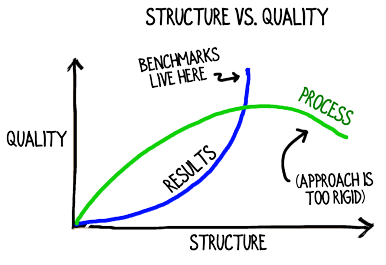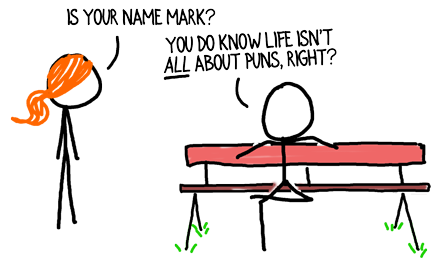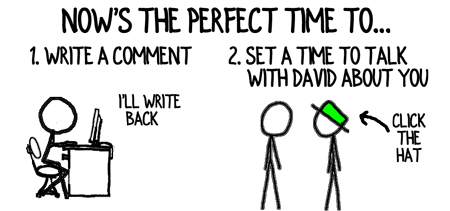Many readers know that I’m 6’1″ tall… if my posture is perfect, I think tall thoughts and I stand on two tins of homemade, coconut dream bars. Is that tall? Short? I only know if I have some sort of standard for comparison.
Consultants often look at benchmarks to gauge their recent performance. Those are internal benchmarks. Let’s look in a different direction—external benchmarks—to see how they can build your consulting practice.
For fun, we’ll start off with a quick, two-question quiz.
That was interesting, wasn’t it? Your score gave you a sense of where you stand on this important consulting tool. What actions did that quiz inspire you to take?
Your prospects and clients are constantly wondering how well they’re performing and how much you can help them. How good is good? How good is great? How good are dream bars. (Very.) They want to know how they stack up versus the competition, their goals and their past.
Benchmarks answer those questions and if that’s all they did, they’d be a useful part of your consulting arsenal. However, benchmarks deliver many additional benefits.
Why Benchmark? (a.k.a. the Benefits)
Developing benchmarks and diagnostics (the progenitors of benchmarks)…
- Forces you to enhance your understanding and command of your subject matter. That is always a good step to take.
- Demonstrates to your prospects that your ideas are captured in a well-developed structure. Concrete structures lend weight, credibility and a sense of reliability to your offering.
- Builds a database of results that continues to grow. A robust, historical database also supports the reliability that prospects are looking for in a consultant.
- Provides compelling, quasi-quantitative evidence to clients that supports their decision to work with you.
- Provokes a strong, emotional reaction among prospects that drives urgency; (i.e., your projects will close faster).
- Encourages follow-on work and long-term clients. This occurs when you establish a habit of periodic benchmarking at your clients (and you’re the source of the benchmark).
- Improves the quality of your consulting. Nothing forces improvements as well as concrete, public evidence of your performance.

How to Develop Benchmarks

Developing benchmarks is easier than balancing on a stack of Oreos.
The boutique firm where I started my consulting career used benchmarks outstandingly well. We combined benchmarks into scorecards that delivered a multitude of benefits (and clients). Since co-founding my firm 11 years ago, I’ve employed benchmarks less diligently; however, in the coming year, I’m going to put them into play much more. What about you? What will you do? Text and images are © 2024 David A. Fields, all rights reserved.

 David A. Fields Consulting Group
David A. Fields Consulting Group 


Hi David,
I am not a consultant, but rather a director of several operations managers. I will be using this excellent article to help open them tona new perspective on the external reputational impacts that our survey and metrics feedback (or lack thereof) have on how our “messsge” about our performance is evaluated and contextualized by our clients and senior management.
Jon, your perspective as a non-consultant is helpful. It also confirms that all of us are consultants to one extent or another, even if we’re inside an organization. We’re expected to provide advice, give direction and bring solutions to the table. The need to accomplish those goals effectively is universal.
Similarly, the measuring performance is critical, no matter what your role, so that you can assess your progress and communicate your value to other interested parties.
Thank you for contributing a unique perspective to the conversation, Jon.
Hi David,
This is good. Benchmarking is the key to attain ones target. To be a market leader, one must outrun ones competitors by benchmarking one practice with that of the competitors.
Many studies support your assertion, Tayo. Or, as I’ve heard more than one CEO state it, “If you’re not keeping score, you’re just practicing.”
Moreover, as you’ve eloquently pointed, out: if you want to set yourself apart from the crowd, you have to know where the crowd is and where you are… and that requires benchmarking! Thank you for underscoring that point, Tayo.
Great post. Very helpful and motivating to use what I’ve got more intentionally and effectively.
Ron, every step we take that helps us realize our potential is a step in the right direction. For a lot of us, having a yardstick nearby is exactly what we need to excel. Thanks for adding your thoughts, Ron.